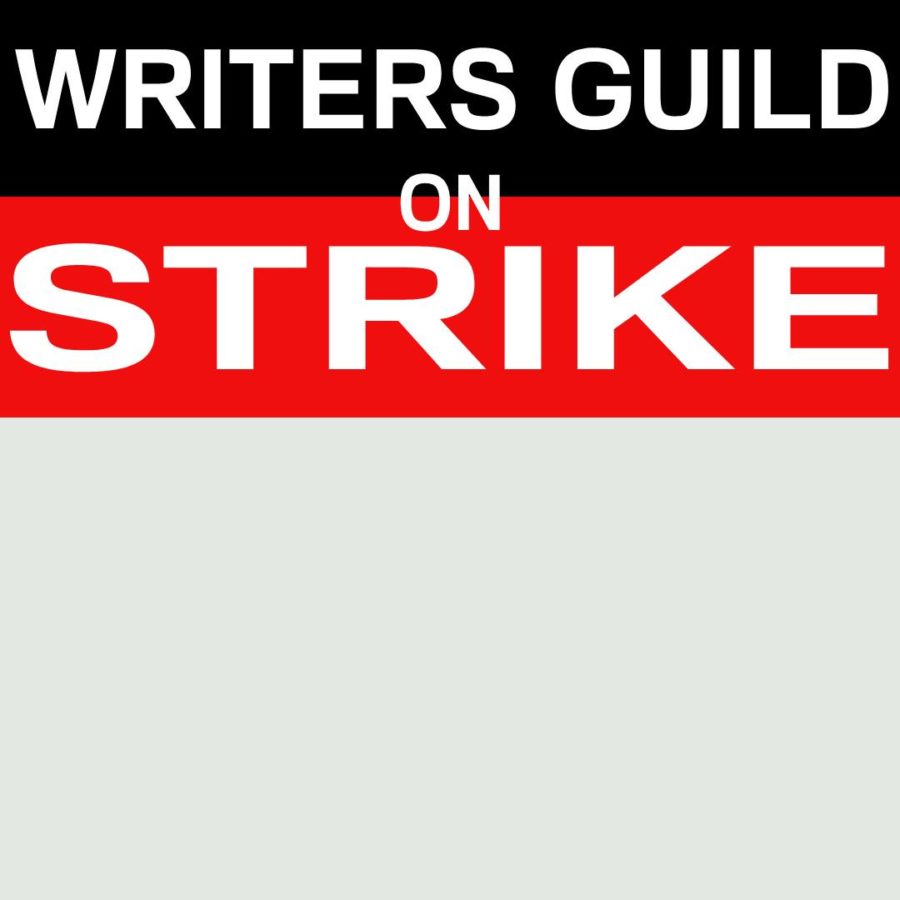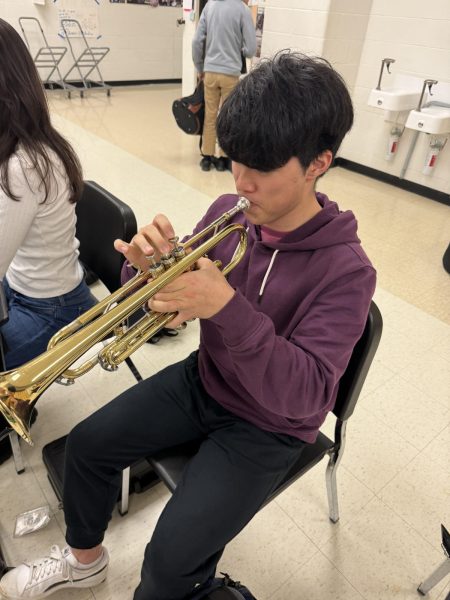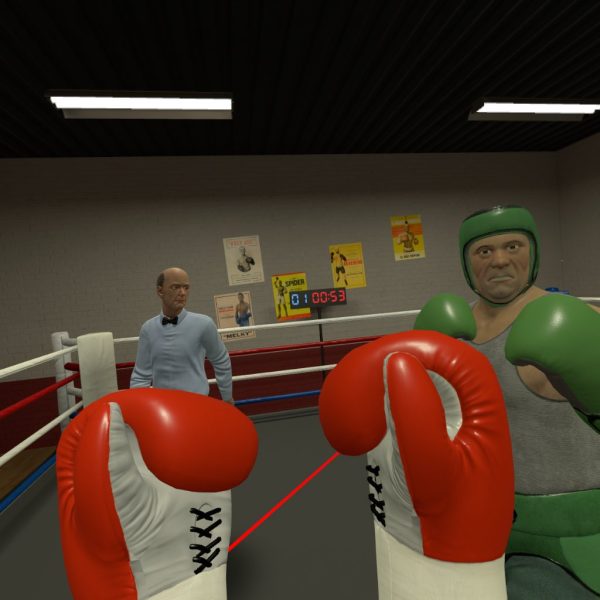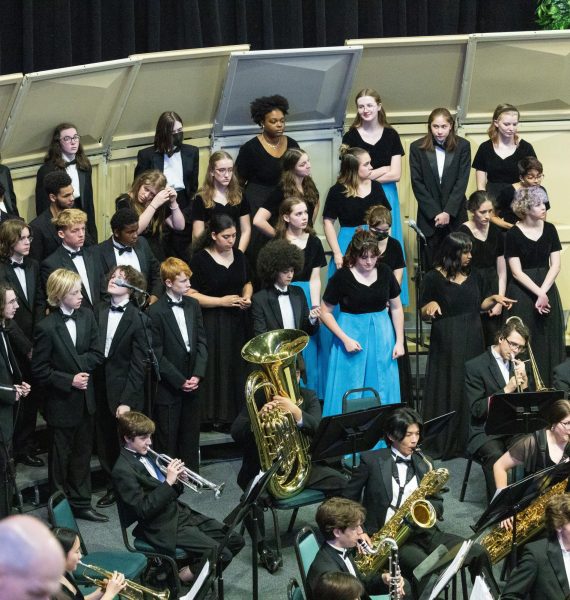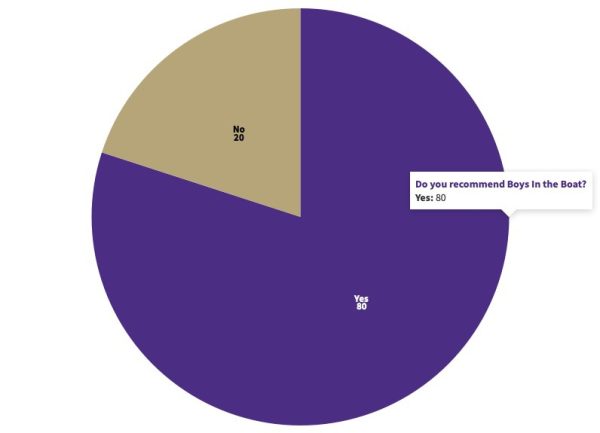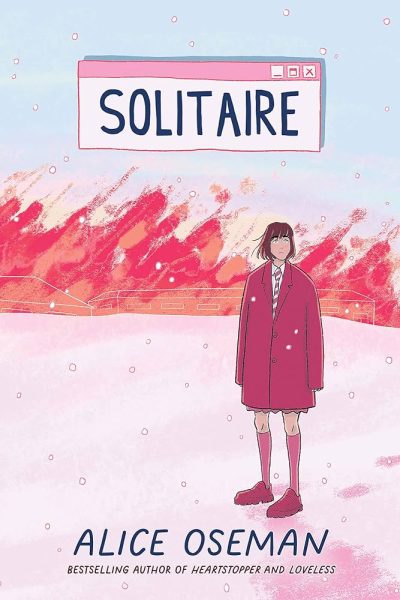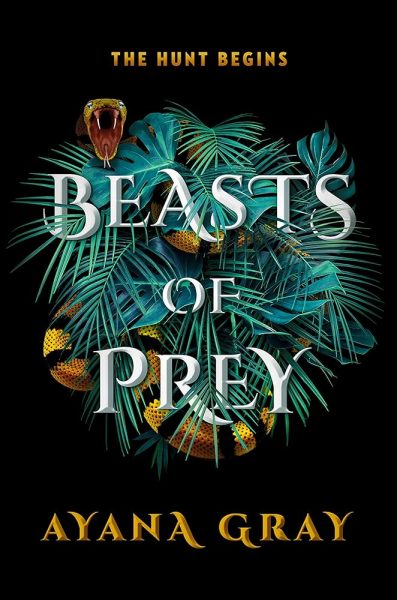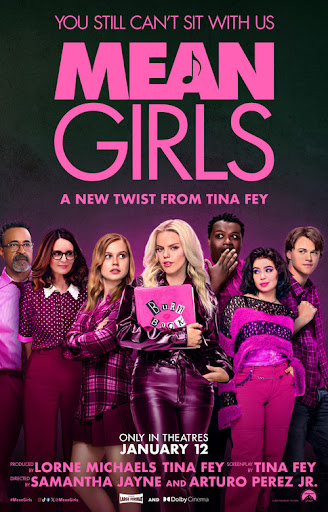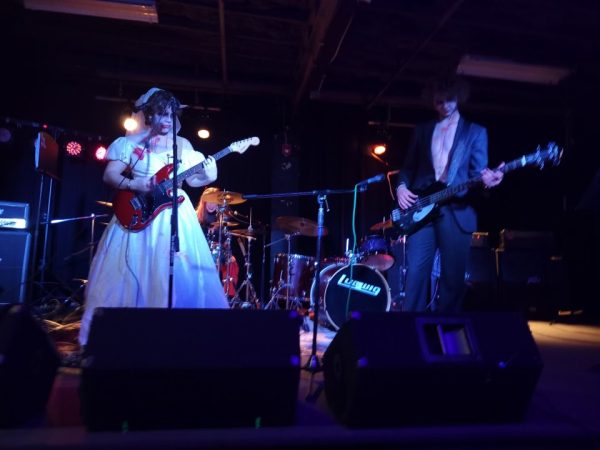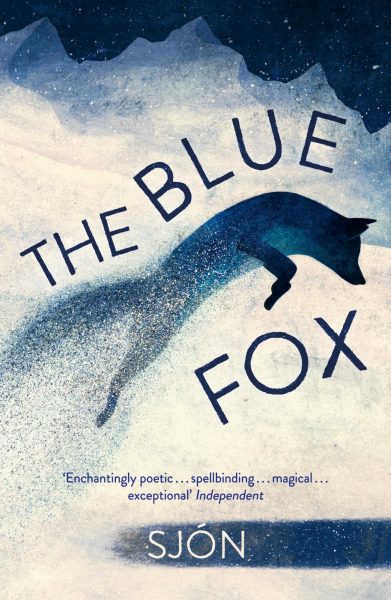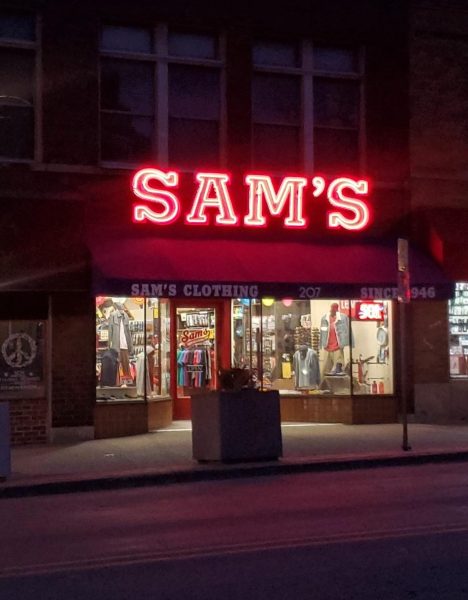Why the Writers Guild of America May Be the Only Thing Standing Between Hollywood and AI
In an industry built on twisting words that flow from page to mouth to ear, the key player is the writer. To have a movie, you must have a script or at least some semblance of a written plan. A base of writing across a page, and – if lucky – pages that build a masterpiece.
So we can all agree: writers are essential, right?
Another big part of movie making is the money: millions, billions of dollars raked in by blockbusters that begin with ink on a page. But with the recent rise of streaming services, the world of screenwriting is quickly changing.
On May 2nd, the six-week negotiation term between the Writers Guild of America (WGA) and the Alliance of Motion Picture and Television Producers (AMPTP) ended, halting quite a bit of the film industry in its tracks. Why? Well for a number of reasons, two being;
First, writers want compensation for their work that is displayed on streaming services: instead of just a small lump sum for a script, a small percentage of streaming profits. “Actors, producers, directors, all of the people who use that creative process [of screenwriting] to create what people see are the ones who benefit the most,” said World History in Film teacher, Brian Thomas, “and the writers always seem to be lagging in compensation for work and compensation for the repetition of their work.”
Second, writers want regulations on Artificial Intelligence (AI) used in screenwriting, to protect writers and their work. AI bots such as ChatGPT splice together information from whatever source it’s fed. So if ChatGPT is fed ten screenplays written by J.J. Abrams and then asked to write a screenplay in that style, it will just cut up what it’s read, maybe throw in a handful of new words but it won’t be able to truly create something new. “The foundation of entertainment has always been people and human experience and culture,” said student screenwriter Leela Aiyagari(‘24). “There’s no way for a chatbot or any type of robot to reflect a culture other than by summarizing data. There’s no innovation.”
What does this strike mean for the film industry? Multiple shows such as Stranger Things, Abbott Elementary, and The Last of Us have halted production. Obviously, this is not ideal for companies (which is the point of a strike), as they will likely lose subscribers as time goes on and they can’t produce new content. Quite a few late-night talk shows such as Saturday Night Live (SNL) and The Tonight Show with Jimmy Fallon have halted production as well, to show solidarity with the striking writers.
In the month since the strike started, we have watched the hands that wrote the words that flowed from mouth to ear lay down their pens and pick up protest signs. We’ve strained to hear the whispers of “what to do” from CEO to CEO as they start reaching for AI as an alternative. But a future of AI-generated plots would be a mechanical mess of crisscrossed ideals distorted by the parroting nature of Chatbots, never genuinely grasping the human truth behind a story. Without humanity, a story will only stay in the second dimension, cold and dull against the warm bright touch of human emotion.
We stand at a turning point for the entertainment industry. It is all banking on the decisions of the CEOs and if they chose to grant the WGA’s wishes or replace the souls of their companies with gears and code.
Your donation will support the student journalists of Skyline High School. Your contribution will allow us to purchase equipment and cover our annual website hosting costs.
Avni Gupta ('24) is the Arts and Entertainment Section Editor for the Skyline Post with a passion for movies and tv shows. Their favorite movie is Twister...

